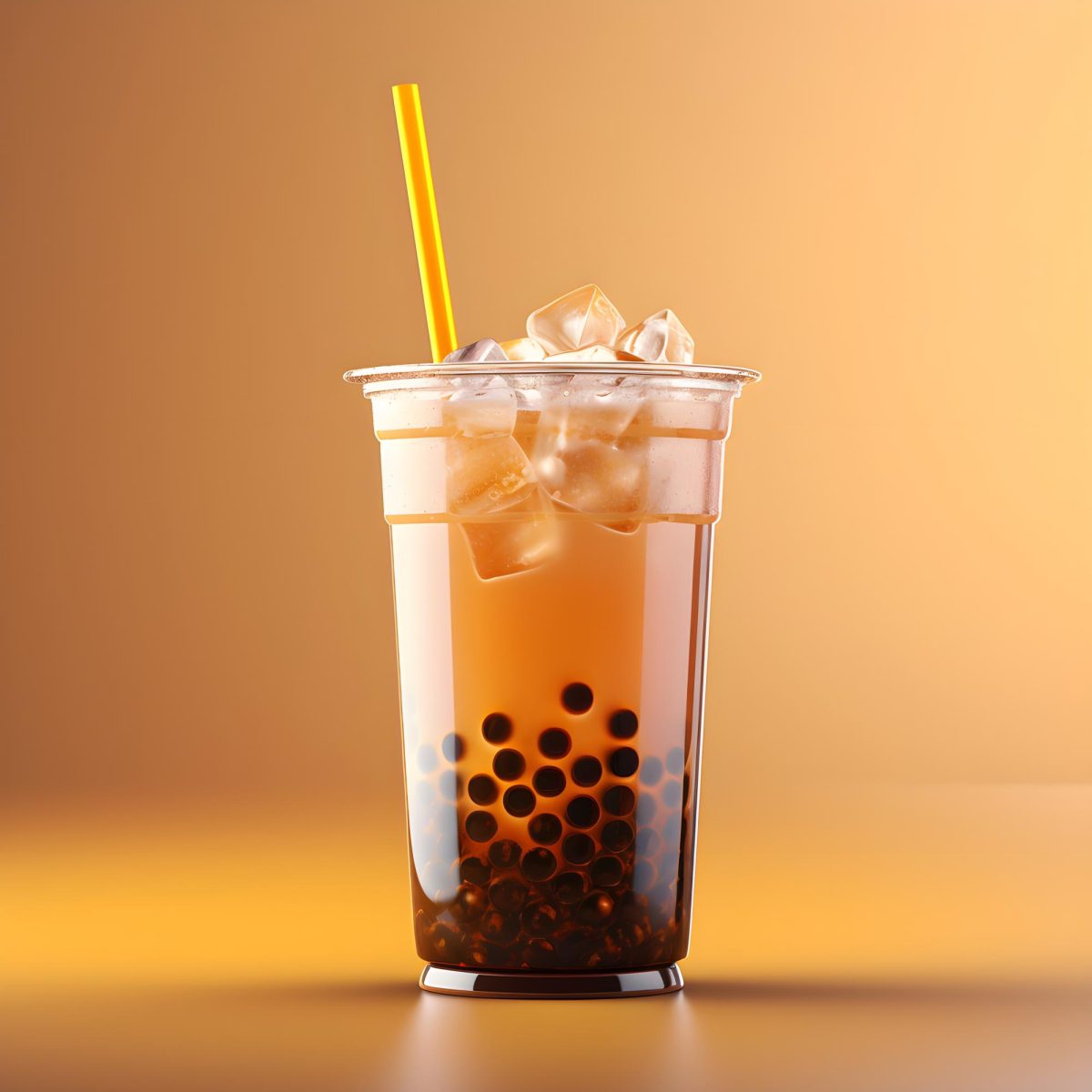A Canadian company, Bobba, has been caught in the crossfire under their claims that they have brought a new drink to the foodie world, saying that their new concoction would “transform the beverage into a convenient and healthier experience” (BBC).
Bobba is a play on boba, otherwise known as bubble tea, a drink that was originally created in Taiwan and was brought to the United States by Taiwanese immigrants in the 1980s.
Boba are the tapioca pearls found in the drinks and are considered a topping, but the drinks themselves are different tea bases, ranging from matcha, milk tea, to even strawberry banana smoothies.
Boba has become incredibly popular in recent years, with shops popping up in malls, outlet stores, and their own franchises across cities.
This is primarily because of how customizable these drinks can be, and the social and cultural aspect to boba. Not only is it considered a part of Asian culture, but it has become especially popular with Gen Z culture and society.
The shops are often filled with comfy chairs, couches, board games, and stuffed animals, making the environment perfect for relaxing with friends or taking some time to study for an upcoming exam.
Circling back to Bobba the company, they appeared on the Canadian version of SharkTank, Dragons’ Den. The show follows a similar concept to SharkTank, in which hopeful business entrepreneurs attempt to convince five investors, dubbed dragons, to fund their inventions.
The owners of Bobba pitched their drink, and immediately, Canadian-Chinese actor Simu Liu, who has appeared in films such as “Barbie” and “Shang-Chi and the Legend of the Ten Rings” and was guest starring on this episode, went against them.
He accused them of appropriating the Taiwanese boba, saying “There’s an issue of taking something that’s very distinctly Asian in its identity and ‘making it better’”.
Liu proceeded to ask the other judges if they understood the importance of boba in Asian culture, where boba can be found in numerous Asian countries now, including the Philippines, China, Japan, and even spreading to countries like Australia and Germany, brought there by Asian immigrants.
This episode of Dragons’ Den went viral, where many people began to harass the company, and shortly after their blow-up on platforms like TikTok and Instagram, the owners of the Bobba company sent out an apology.
They said, “Liu raised very valid points regarding cultural appropriation and we welcome this learning opportunity”, and they proceeded to share that they would be changing their branding and marketing to ensure they stay respectful and mindful of the cultural roots embedded in boba.
This episode was a prime example of cultural appropriation, where dominant cultures take parts of a less dominant culture in a way that is inappropriate, unacknowledged, or incorrect.
The cultural appropriation of minority cultures has been happening for years now. It not only happens in cuisine, but in other aspects of culture, such as music and fashion.
Cultural appropriation is not only disrespectful, but it is insanely harmful to these cultures. It takes away the identities of minorities, and proceeds to become a form of modern-day oppression, taking bits and pieces of minority cultures.
I myself am Filipino, and many people don’t even realize that the Philippine islands are a part of Asia. My culture is rich in food, dialects, music, storytelling, and clothing, but it is often misrepresented.
For example, the Filipino dish balut, which is a fertilized duck egg, has received controversy because of ethical concerns, in which the baby duck is not given a chance to hatch.
However, balut is a Filipino delicacy and a national dish. It’s still a part of Filipino culture, and dates back to the early 1800s, brought to the Philippines by Chinese traders.
Preventing cultural appropriation is vital in order to avoid the harmful misrepresentation of minority communities, and the easiest way to do this is to be willing to learn and educate. While it;s true that cultural appropriation is bad, there is no need to harass people or be harmful to them.
Education is key.

